The strong development of information technology is an opportunity for the media to spread, also to create conditions for expanding democracy. However, many organizations and individuals have taken advantage of this issue to spread false information, make slanderous and insulting comments by fabricating details about incidents and cases to "attract views", "attract likes", and direct public opinion to a specific and more practical purpose, which is to make money online... Many people call these "dirty comments".
Social network users need to be more resistant to bad and toxic information and comment carefully. Photo taken from the internet
Not long ago, when opening social networking sites, users would see a dense stream of shares and comments about the "young man in Thai Nguyen fell from the 11th floor of Tien Bo apartment building, suspected of having an affair with a woman (a union official) on the 11th floor of this apartment building", among which there were many comments and shares with information that was made up, fabricated, mixed with truth and falsehood, making readers/viewers feel lost in a maze, unable to distinguish between right and wrong, real and fake information. More dangerously, many subjects took advantage of the "heat" of the incident spreading from social networks, cutting and pasting images of the woman involved to put on a female union official of Quang Trach commune (Quang Xuong district, Thanh Hoa) to fabricate and defame the image of this union official. Listening to the sentences and comments on the websites, people with little information thought that the "keyboard heroes" had "reliable sources of information" as they said. But in fact, all the information they post, share, and comment on is copied from the internet, combined with reckless, baseless, and completely subjective comments. Even in some cases that are still under investigation and verification, they are willing to fabricate additional details and characters in order to make the case more thrilling, with the ultimate goal of attracting more attention and followers to their page. The harmful thing is that this fabrication is broadcast over and over again, in a "slow and steady" manner, causing viewers to move from confusion to doubt, then to believe in things that are not true.
In fact, there are many forms of “dirty comments”. The most obvious form is obscene comments. The second form is more sophisticated and harder to control because at first glance it seems harmless. Those who regularly post “dirty comments” of this type spend time monitoring what other people in the forum are talking about to find fault, question... these comments are often more harsh than normal to create a wave of spread on the internet. The third form is comments raised by the “topic owner” himself to create a topic of discussion for netizens to participate and give their comments, criticisms, and assessments, thereby attracting and inciting others to comment together to achieve their intentions. This type of “dirty comments” is often created with a clear purpose, possibly for political, economic, social purposes...
Recently, in the province in particular and the whole country in general, there have been many cases of being punished just for commenting for fun, regardless of the consequences. For example, during the COVID-19 epidemic prevention and control period, under the status line about the epidemic prevention and control force supporting the South, a young man commented: "All big bellies, going to loot..." and then was fined for insulting the epidemic prevention and control force. Besides, there are also many people who carelessly join in commenting and criticizing a person or an event on social networks because they think they are anonymous and do not need to be responsible for the person or event being criticized. However, freedom of speech must be exercised within the framework and limits that do not affect other rights and values stipulated by law in Article 21 of the 2013 Constitution and Article 34 of the 2015 Civil Code: “The honor, dignity and reputation of an individual are inviolable and protected by law”. The legal framework of the Vietnamese State on citizens’ freedom of speech, press and access to information is basically complete, consistent and completely compatible with international law on human rights; respecting and ensuring human rights in general, and freedom of speech, press and access to information in particular. In particular, it clearly stipulates the rights, obligations and restrictions of citizens in specific cases, in order to protect national interests, the rights and legitimate interests of others. The 2013 Constitution and many international conventions on human rights have also clearly and specifically stipulated the rights to freedom of speech and the right to access to information.
Discussing this issue, Lawyer Ha Si Thang, Provincial Lawyers Association, shared: “The 2015 Penal Code has provisions to protect these rights. Article 288 stipulates the crime of illegally providing or using information on computer networks and telecommunications networks. “Fine” anyone who commits the crime to “gain illegal profits”; “cause bad public opinion to reduce the reputation of agencies, organizations, and individuals” with a fine of up to billions of dong. “Reform without detention” with a prison sentence of 6 months to 3 years for those who: Post on computer networks and telecommunications networks “information contrary to the provisions of law...”.
At the same time, the law not only holds responsible the person who writes the "dirty comment" but also the person whose personal information page contains the "dirty comment". Because acts of mental violence in cyberspace in any state have real consequences. "Online bullying" is a phrase often used by the United Nations Children's Fund (UNICEF) to warn about acts that negatively affect others on social networks, including bad comments. UNICEF's survey data once showed that 21% of adolescents participating in the survey were victims of bullying on social networks in Vietnam. In serious cases, online bullying has led victims to suicide. Therefore, before typing on the keyboard, each person needs to consider each comment line, because "dirty comments" can be a noose around someone's neck but can also be a handcuff that puts us - the person who just typed the comment - in prison.
Article and photos: Le Phuong
Source


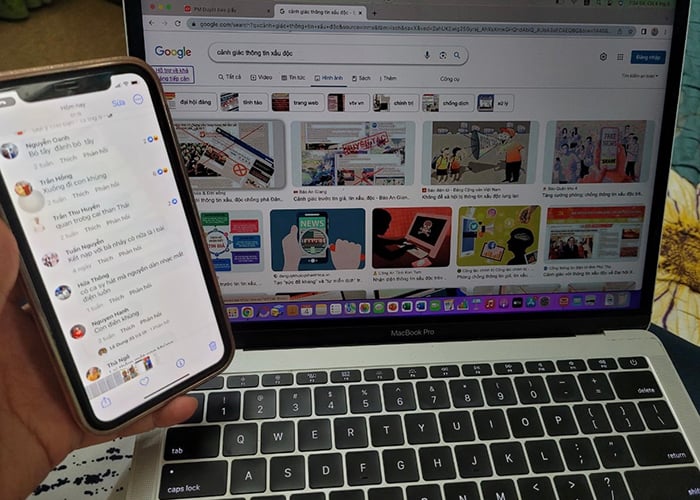
![[Photo] General Secretary To Lam holds talks with General Secretary and President of China Xi Jinping](https://vstatic.vietnam.vn/vietnam/resource/IMAGE/2025/4/14/b3d07714dc6b4831833b48e0385d75c1)
![[Photo] National Assembly Chairman Tran Thanh Man meets with General Secretary and President of China Xi Jinping](https://vstatic.vietnam.vn/vietnam/resource/IMAGE/2025/4/14/4e8fab54da744230b54598eff0070485)
![[Photo] Reception to welcome General Secretary and President of China Xi Jinping](https://vstatic.vietnam.vn/vietnam/resource/IMAGE/2025/4/14/9afa04a20e6441ca971f6f6b0c904ec2)

![[Photo] Prime Minister Pham Minh Chinh meets with General Secretary and President of China Xi Jinping](https://vstatic.vietnam.vn/vietnam/resource/IMAGE/2025/4/14/893f1141468a49e29fb42607a670b174)
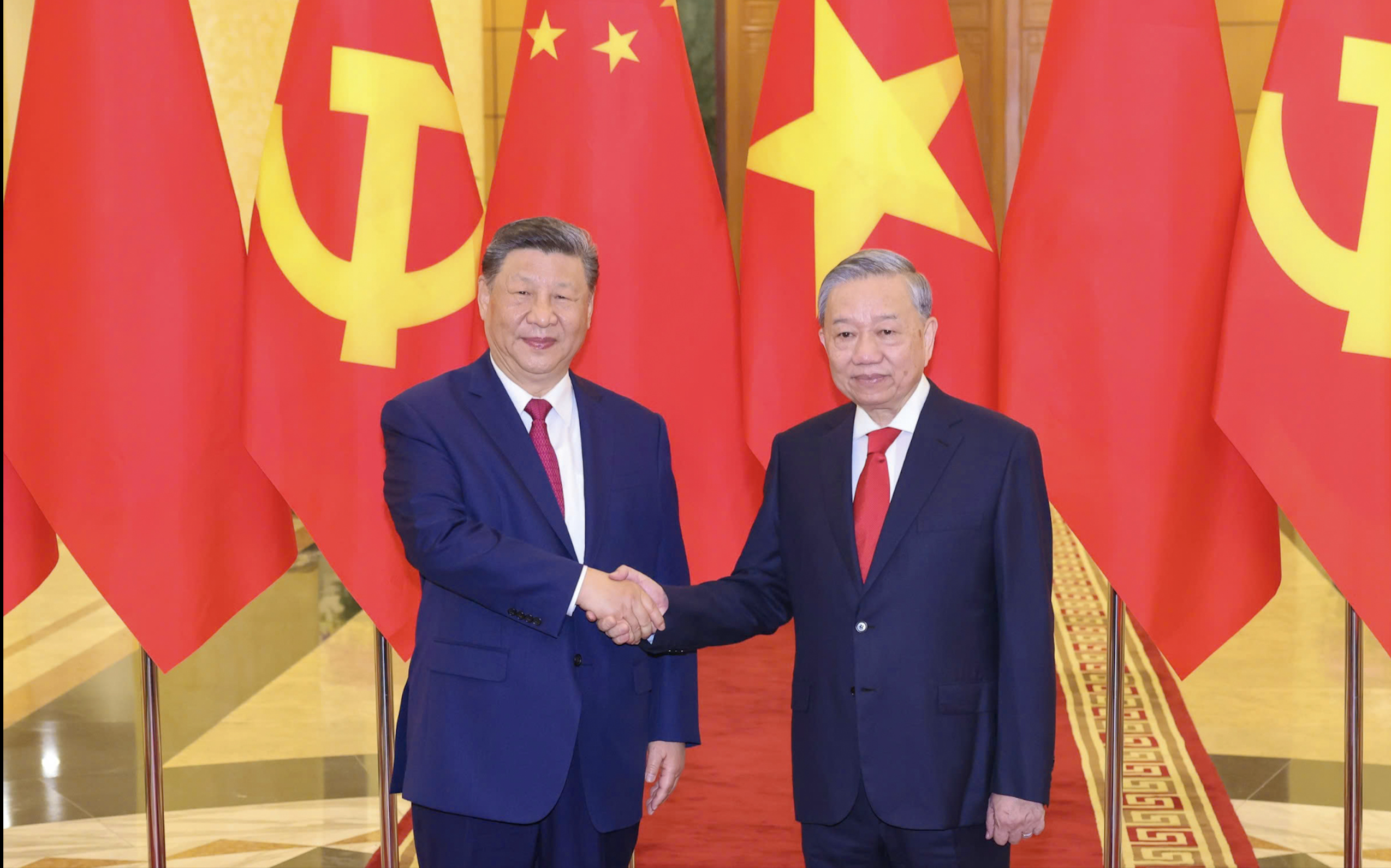


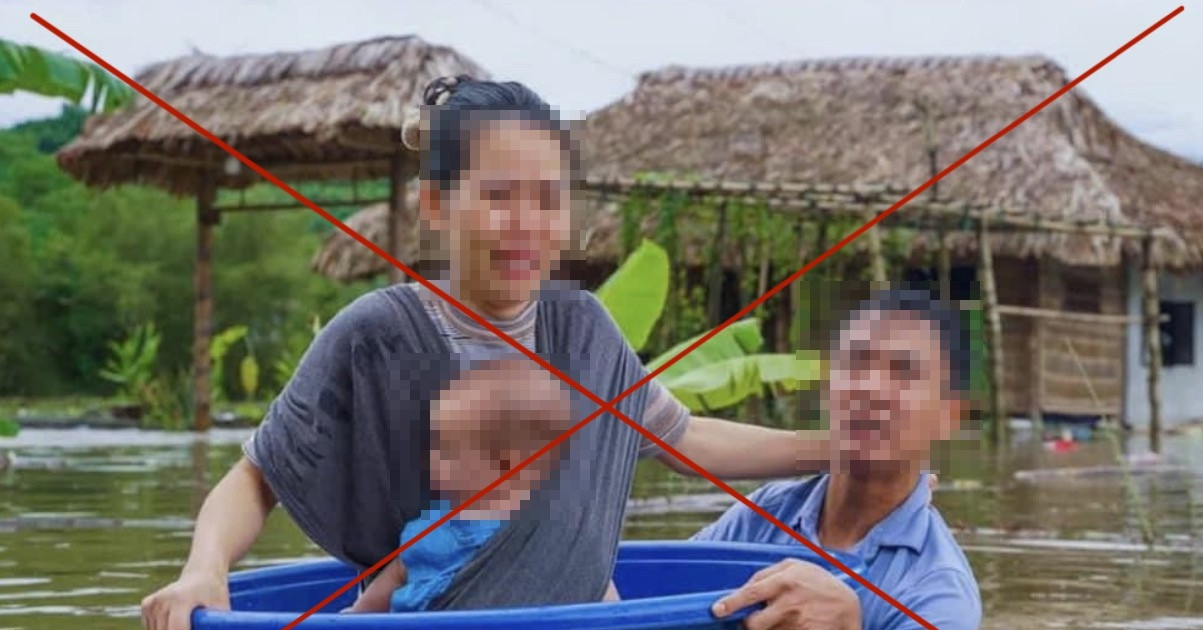

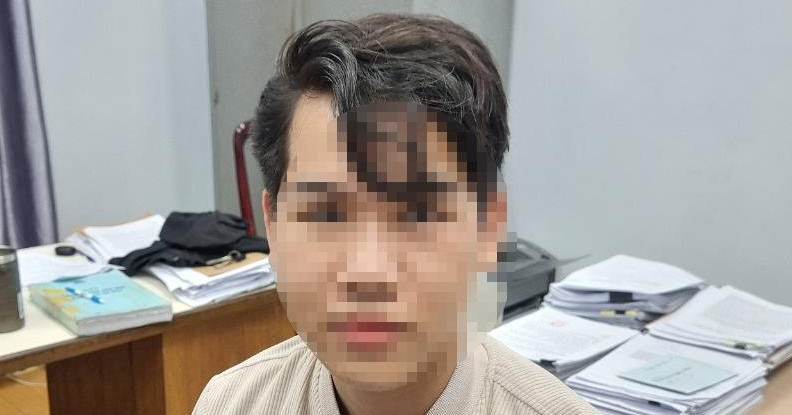
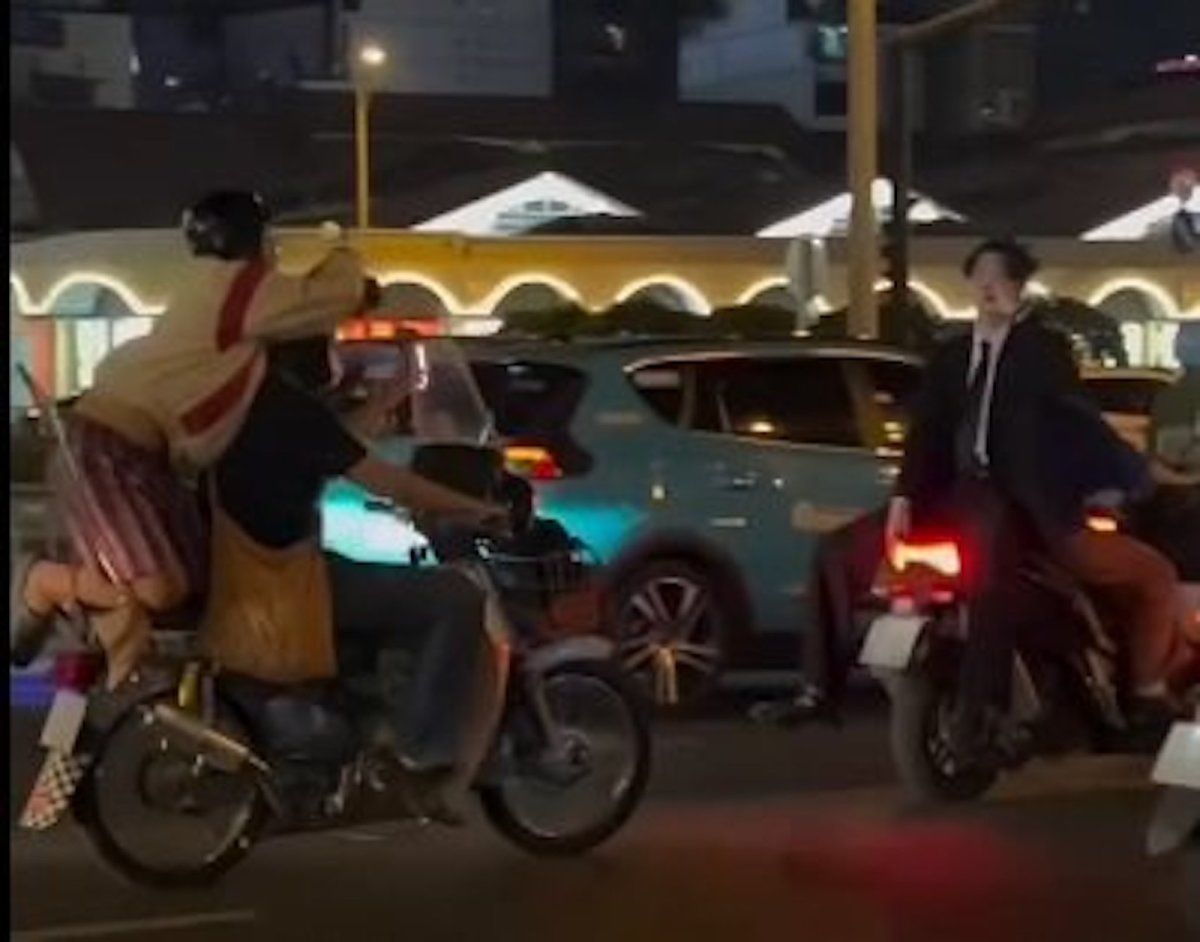

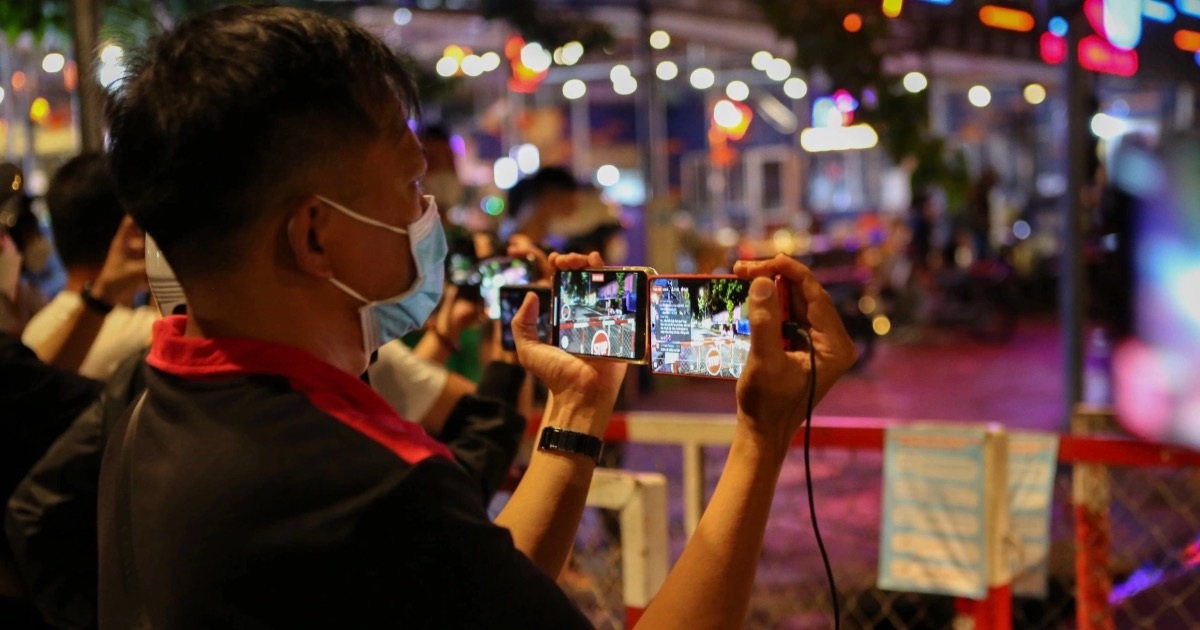



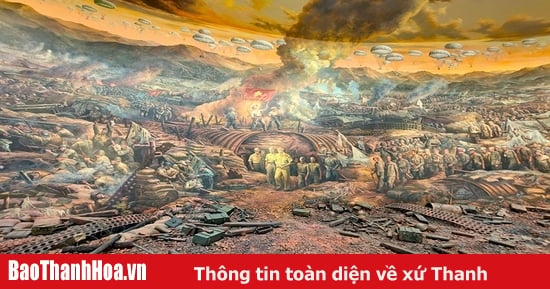
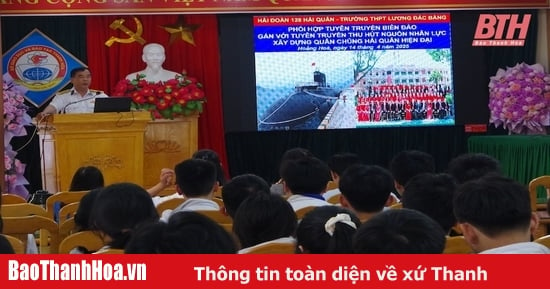

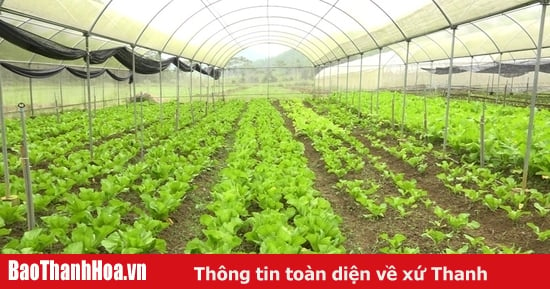







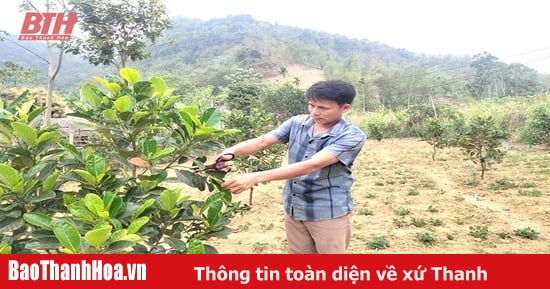
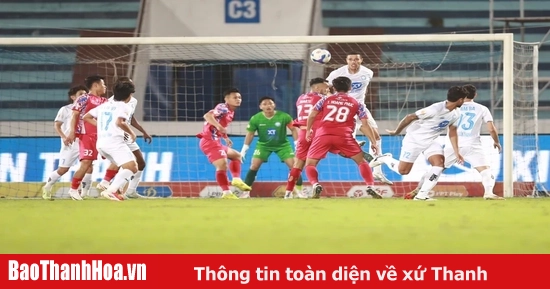
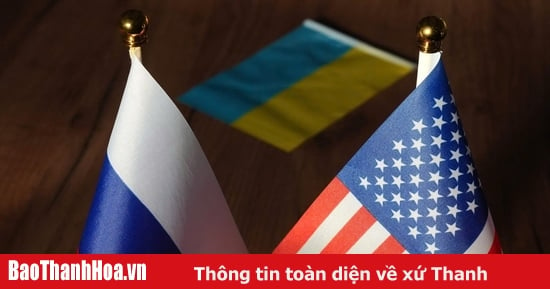
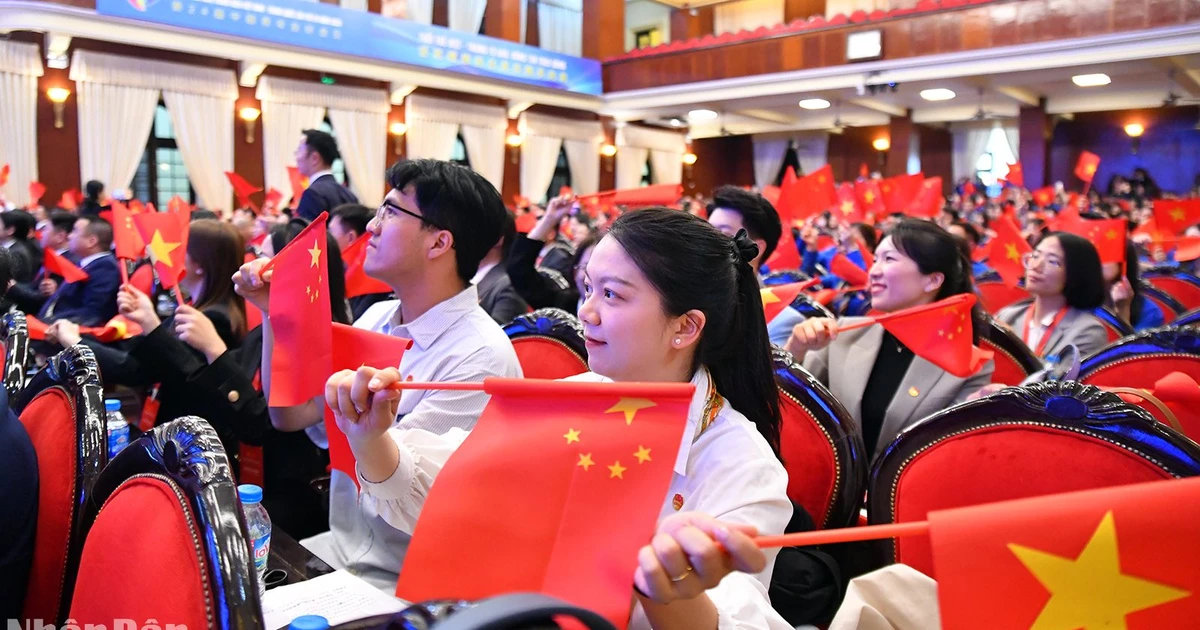



























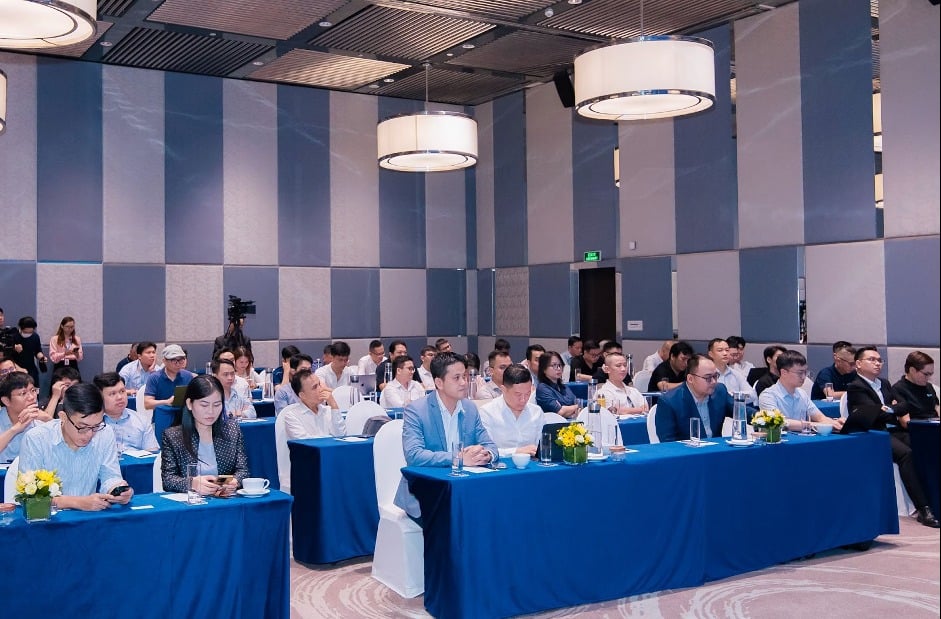



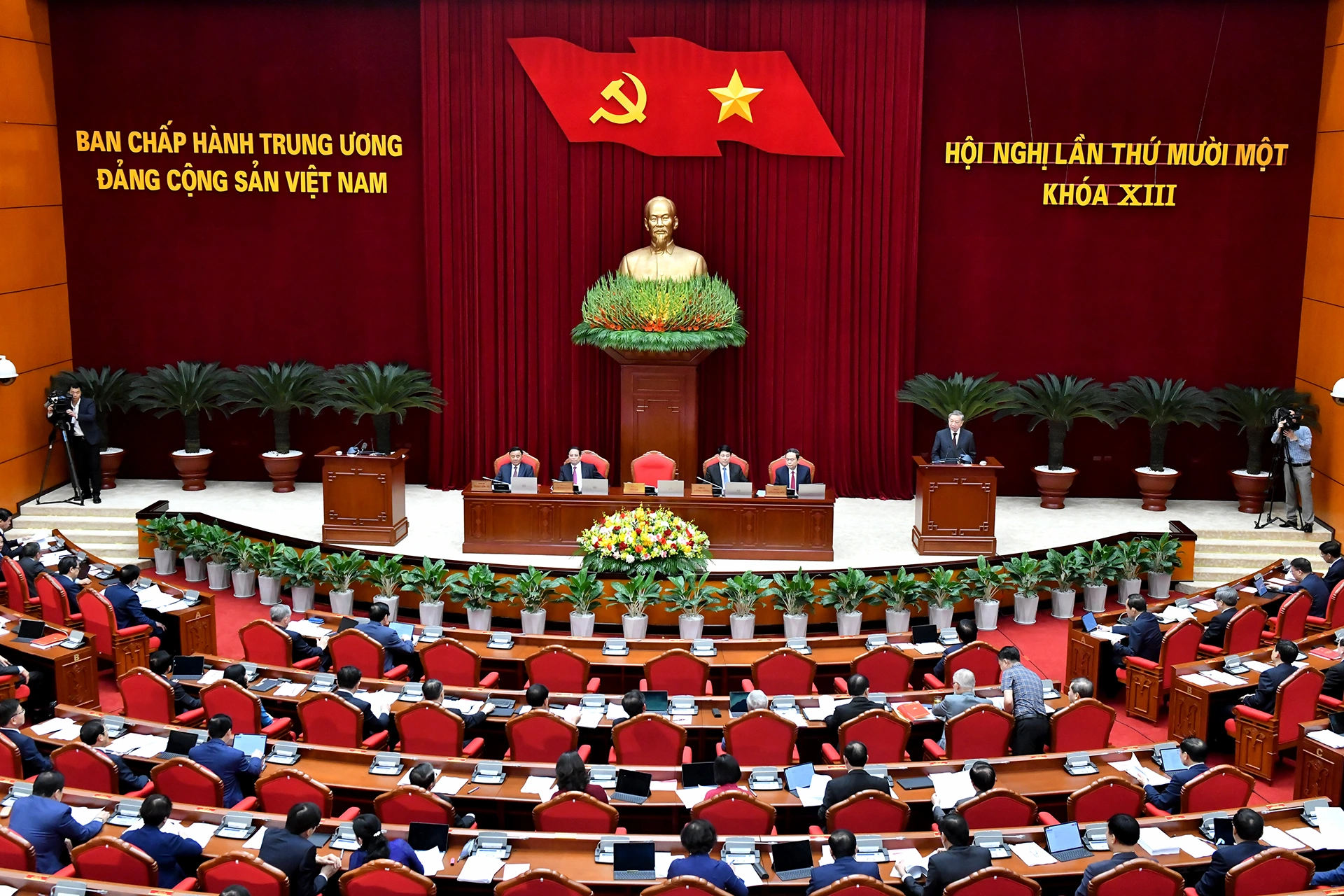
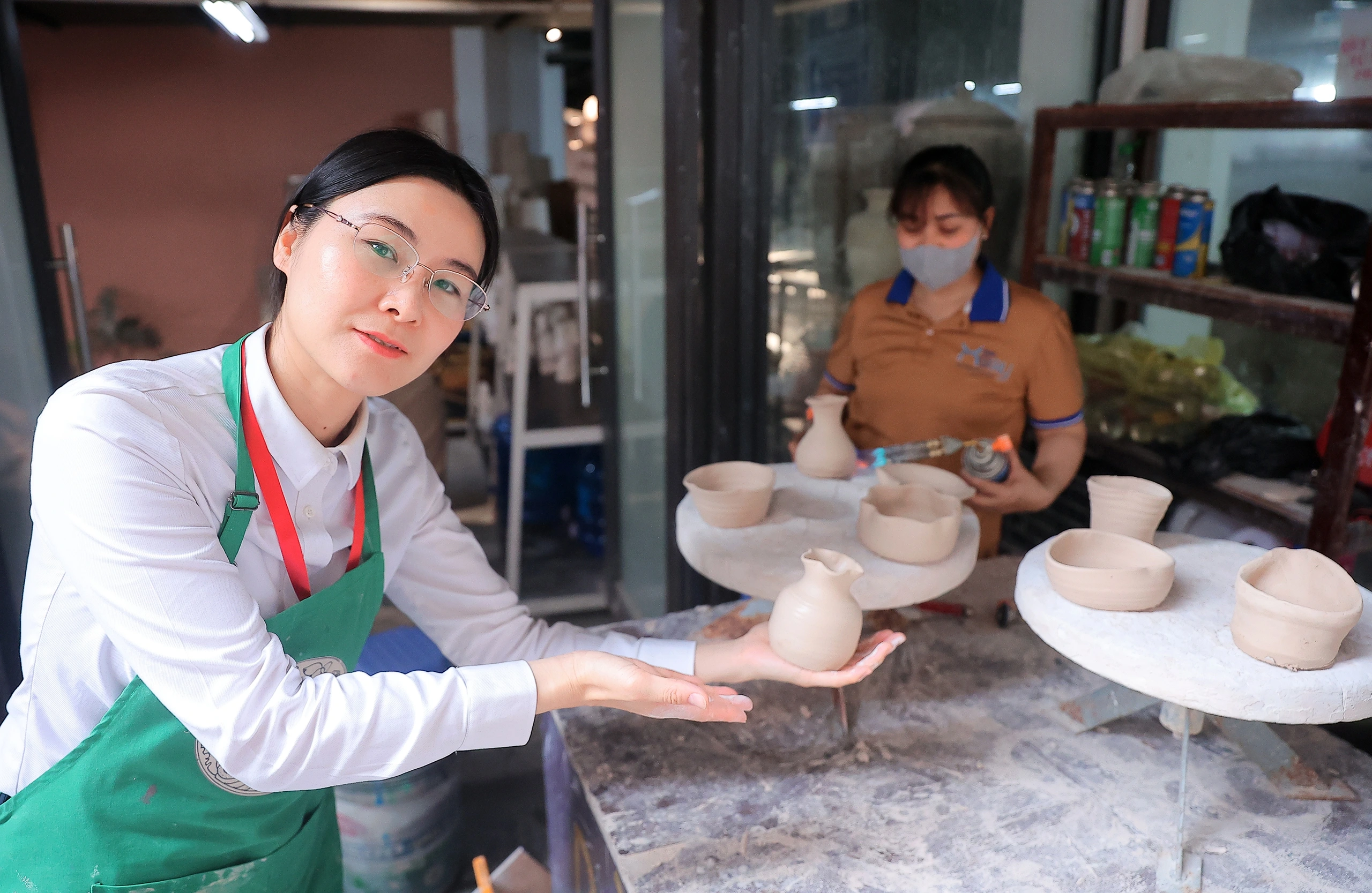
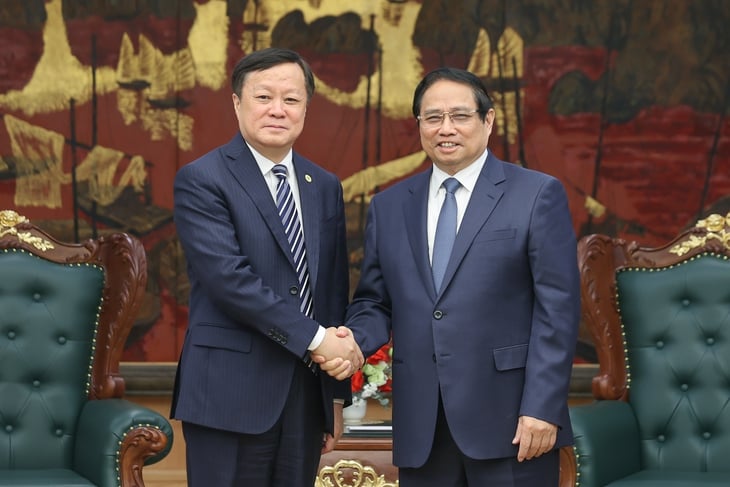
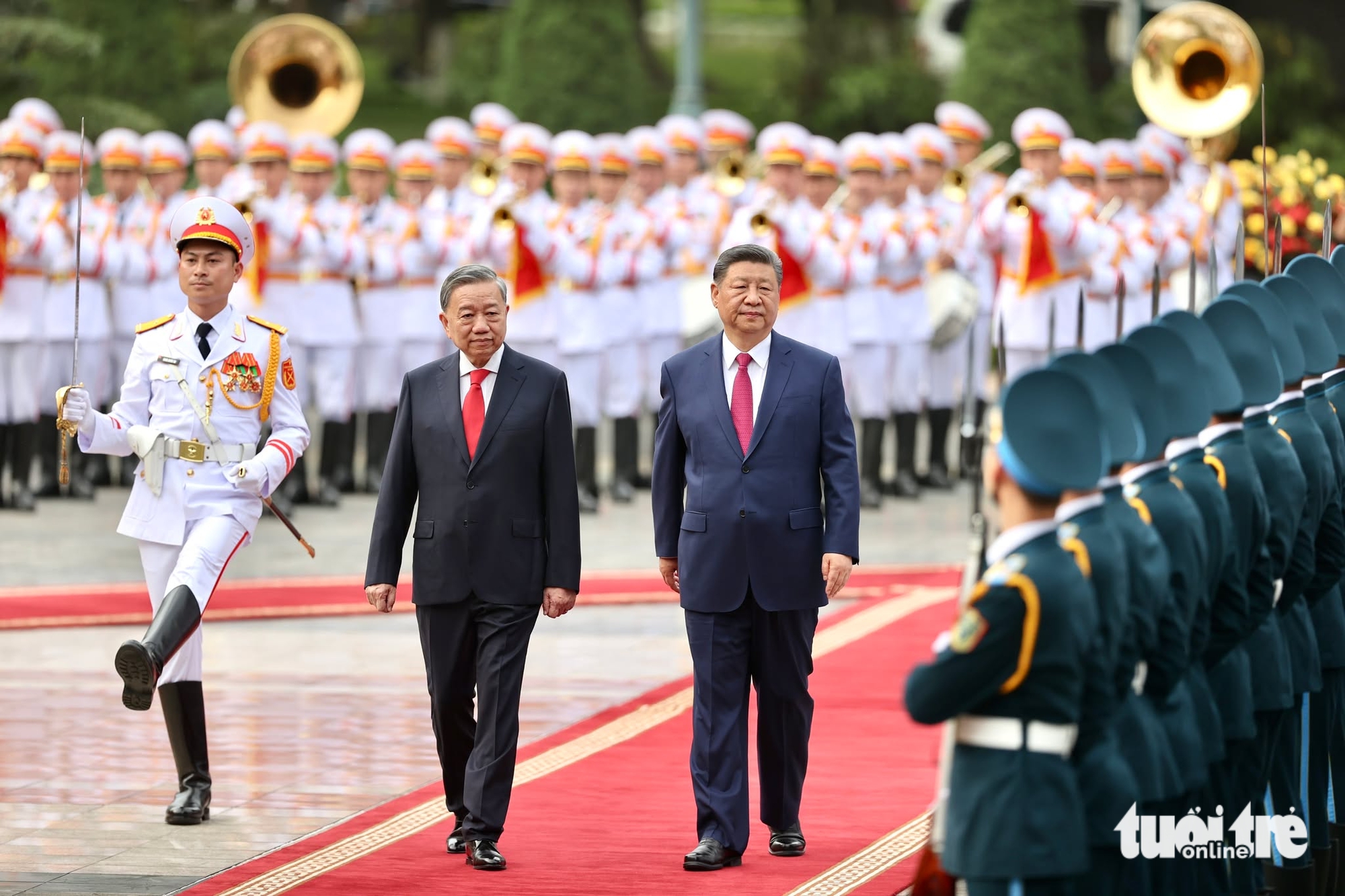


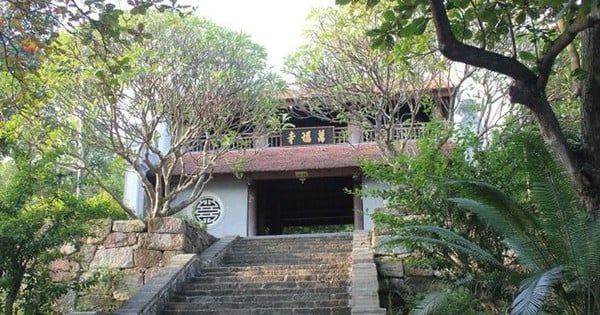
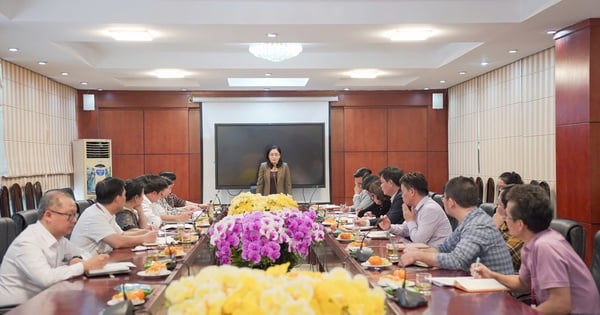

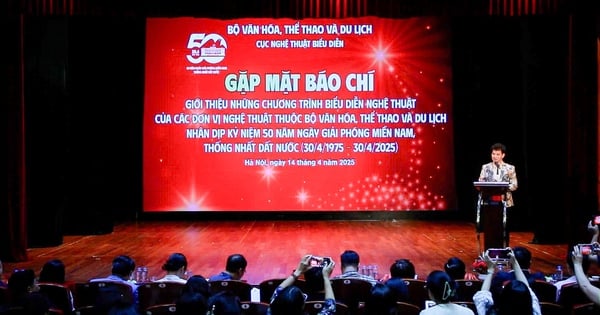






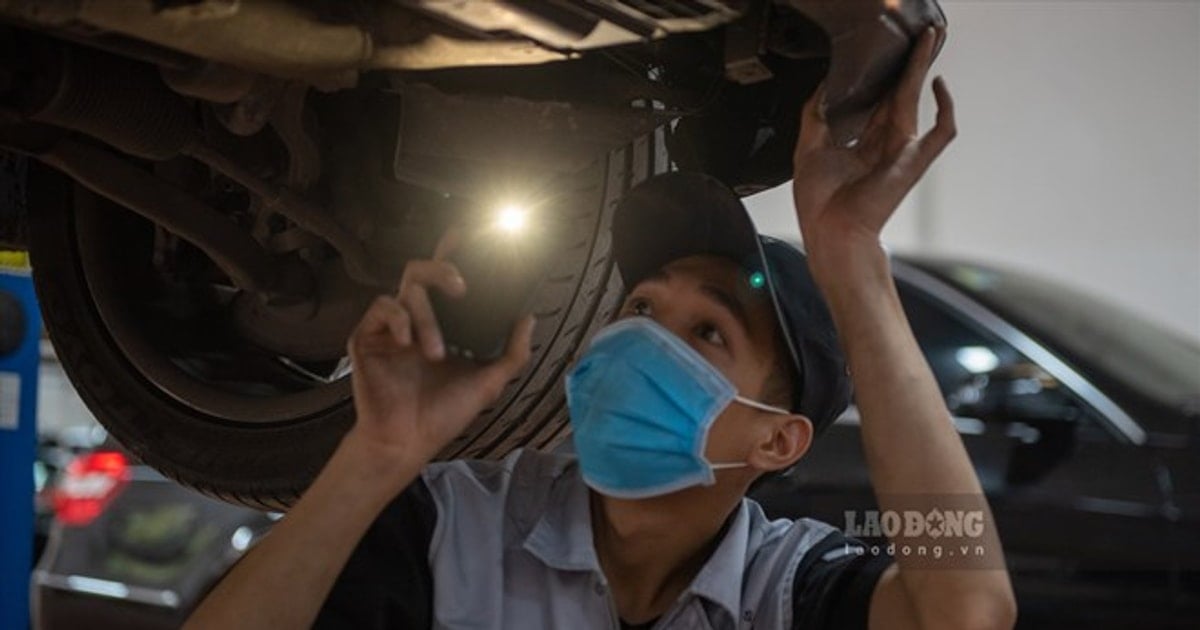

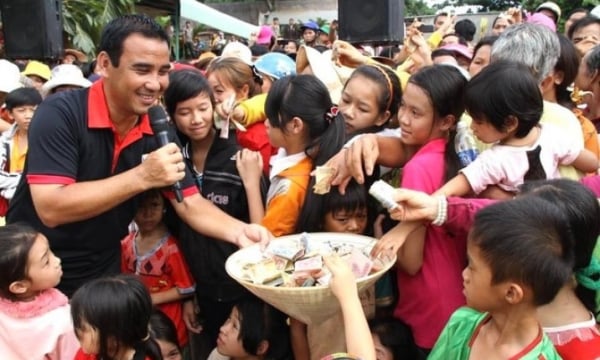

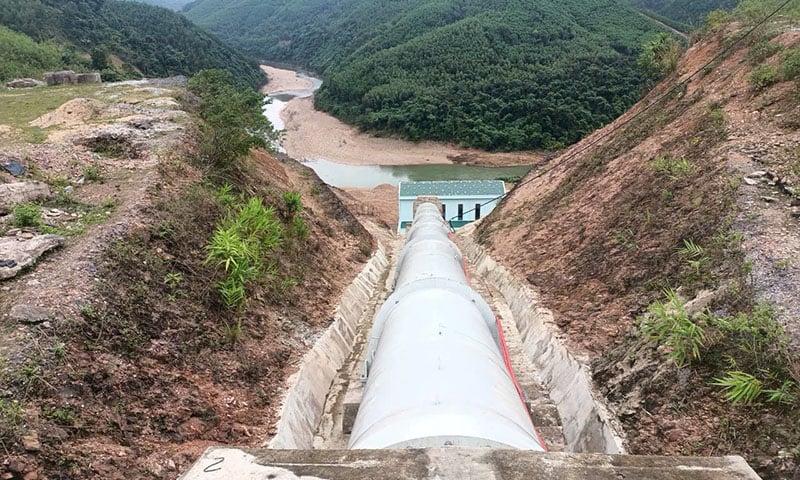










Comment (0)